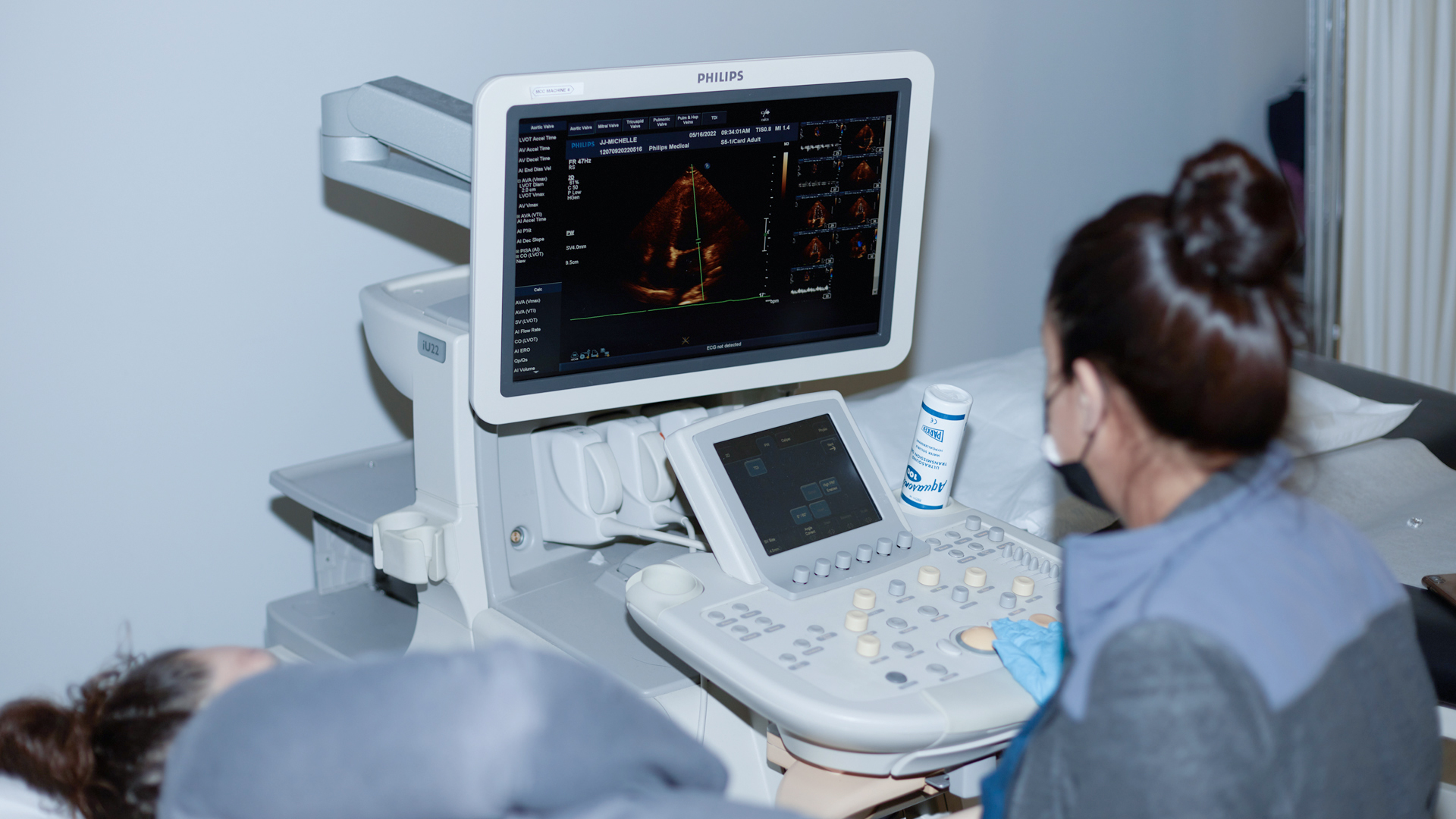Certifications
This program provides eligibility to become Certified Cardiographic Technician (CCT) through Cardiovascular Credentialing International (CCI).
This program provides pathway to Registered Cardiac Sonographer (RCS) certification exam eligibility through Cardiovascular Credentialing International (CCI) with the completion of additional 350 clinical hours not provided by MCC.
This program provides eligibility for the Sonography Principles & Instrumentation (SPI) Examination through the American Registry for Diagnostic Medical Sonography (ARDMS).
A graduate of MCC’s Associate of Applied Science in Non-Invasive Cardiovascular Sonography program may qualify to sit for Registered Diagnostic Cardiac Sonographer (RDCS) certification through ARDMS if prior to admission into this program he or she has graduated from:
- a two-year allied health educational program that is patient care related (prerequisite 1). Allied health occupations include, but are not limited to, diagnostic medical sonographer, radiologic technologist, respiratory therapist, physical therapist, and registered nurse;
- or with a bachelor’s degree in any major (prerequisite 3A);
- or after working for one year in the Ultrasound field from the date of graduation from MCC’s AAS in Diagnostic Medical Sonography program (prerequisite 1);
- or after earning Registered Cardiac Sonographer (RCS) certification through Cardiovascular Credentialing International (CCI) (prerequisite 5).
Per ARDMS General Prerequisites guide, “prerequisite requirements are subject to change at any time and from time to time. Applicants must meet current prerequisite requirements at the time of application.” For detailed prerequisite information students should refer to ARDMS.org.






